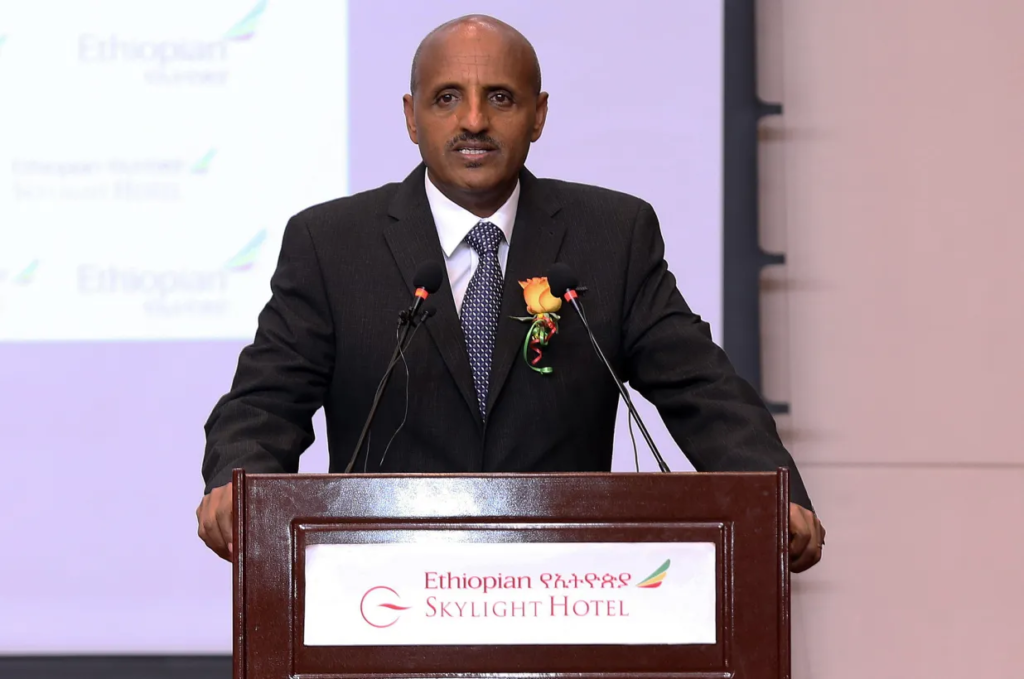The prosecution of an alleged financier and supporter of the slaughter should be suspended indefinitely due to the suspect’s poor health, according to appeals judges at a United Nations court, which was rejected by survivors of the 1994 genocide in Rwanda.
The court’s trial chamber will be instructed to impose a suspension of proceedings after the ruling on Monday. That probably means that Félicien Kabuga, who is almost 90 years old, will never face charges. Due to his dementia, his trial, which had been scheduled to begin at the International Residual Mechanism for Criminal Tribunals in The Hague last year, was suspended in June.
A proposal to establish an alternate process that would have allowed evidence to be heard was also rejected by the court’s appeals judges.
Serge Brammertz, the main prosecutor for the U.N. court, stated that the decision “must be respected, even if the outcome is unsatisfactory.”
Kabuga, who spent years evading capture before being apprehended in France in 2020, is charged with inciting and funding the massacre of Rwanda’s Tutsi minority. Nearly 30 years after the 100-day atrocity that claimed 800,000 lives, his trial finally took place.
Kabuga has entered a no contest plea to allegations of genocide and persecution. He is still being held at a U.N. detention facility in The Hague, but the decision on Monday may result in his release.
“I believe that the world has bad intentions for us. Following Kabuga’s arrest, justice was all that mattered to us survivors, according to Francine Uwamariya, a genocide survivor who claims she lost her family.
“Look, the trial ought to have gone forward even with Kabuga absent. He was responsible for organizing and funding the genocide. When it should be impartial, the court “appears to be on the side of the murderer,” according to Uwamariya.
In agreement with Uwamariya, Naphatal Ahishakiye, the executive secretary of Ibuka, a group for Rwandan genocide survivors, stated that there was sufficient evidence to convict Kabuga.
On the side of the survivors, who will witness Kabuga walking free, it is tremendously upsetting. “Those who have been wronged should feel justice,” added Ahishakiye.
Ibuka has sued Kabuga in Kigali, asking the court for authorization to liquidate all of Kabuga’s assets in order to pay reparations and aid survivors.
Brammertz offered support for the genocide’s victims and survivors.
The Prosecutor General of Rwanda will receive much greater help from Brammertz’s office, he added, “including through the provision of our evidence and developed expertise, to ensure that more genocide fugitives stand trial for their alleged crimes.”








